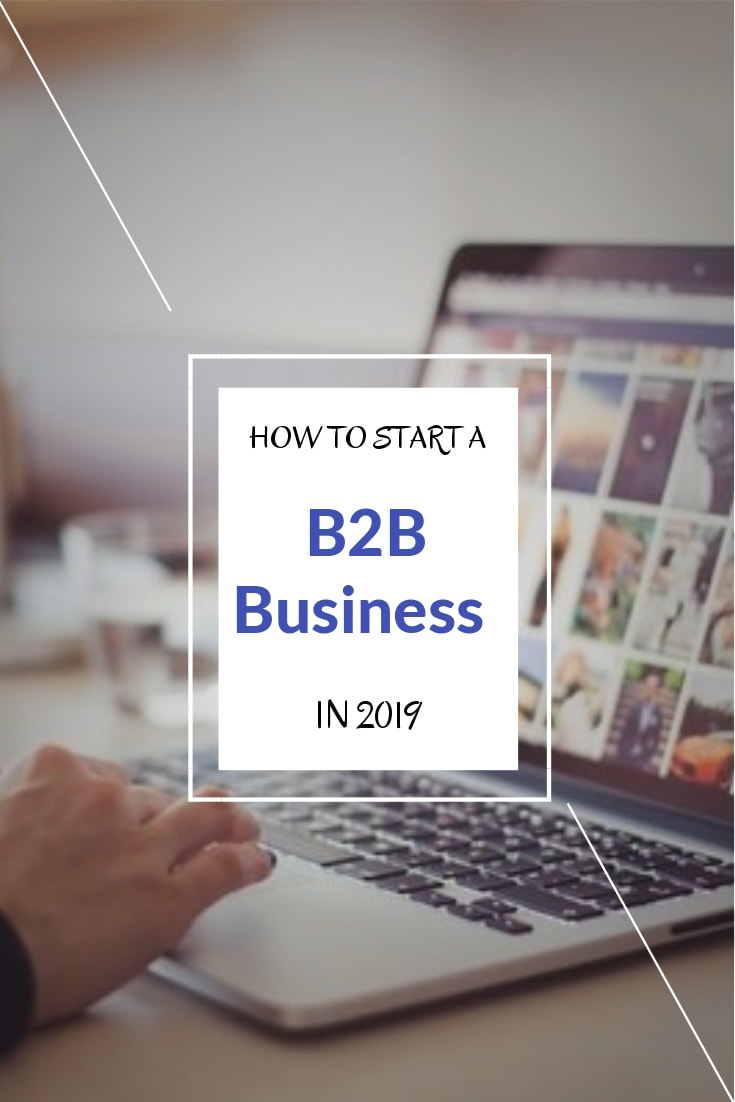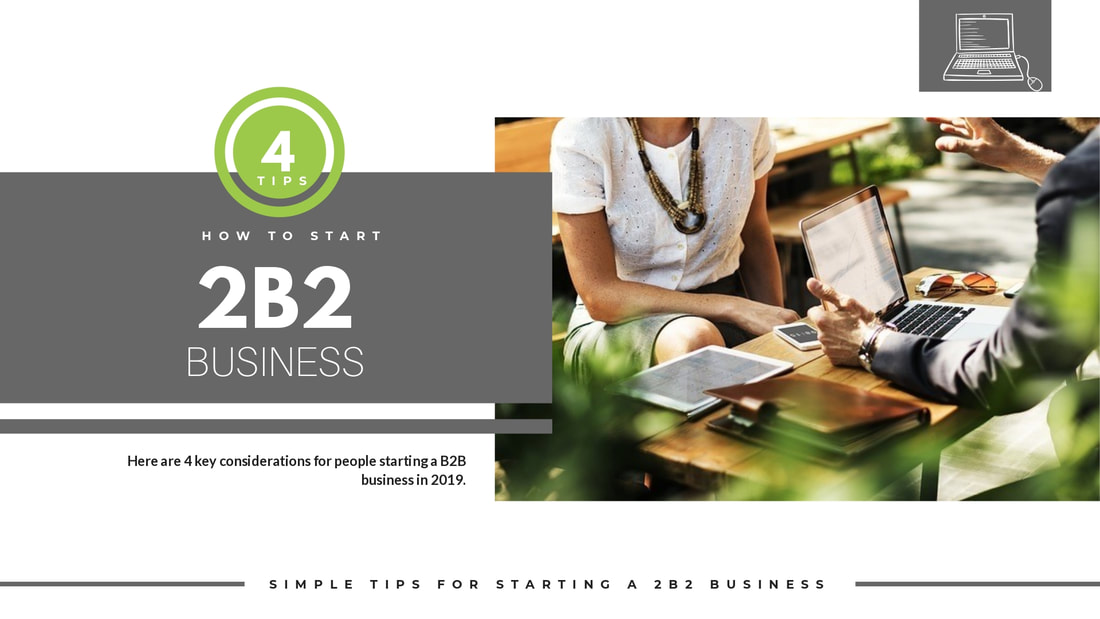A B2B business is a business which sells products or services to other businesses rather than customers (B2C). There are some great B2B ideas which can be started with very little investment such as a range of business consultancy services, copywriting, design, bookkeeping, corporate event planning or cleaning (to name just a few).
In many respects, a B2B business has to overcome the same challenges as a B2C business such as sales, profits, marketing, cash flow and, if you’re working with products, your supply chain. However, the solution to these issues may not be quite the same. Here are 4 key considerations for people starting a B2B business in 2019.
The success of any business comes down to its relationship with its customers and when you’re starting out fresh, knowing where to find them can be a challenge. You’ll need a high-quality website, and you should try and learn as much as you can about SEO (Search Engine Optimisation) to maximise your online visibility.
Depending on the nature of your business, a social media presence can also be effective as raising brand awareness and building a potential customer base.
It’s important to remember that repeat customers are key to a B2B’s success, so you need to ensure that your customer service is top quality. It’s much easier to retain a client that acquire a new one, so running your business should always take priority over marketing to new ones.
If you’re selling wholesale products, then a B2B ecommerce platform is definitely something you should consider. This will provide you with a virtual storefront where you can list your products with custom prices so customers can view and buy with a click. If most of your business is conducted online, you can easily adjust your product range or prices in line with industry trends, and it’s incredibly easy to collect and analyse data. Some customers may still prefer the face to face sales relationship, so your customer service needs to be on top form.
Scalability and planning for the future is key when starting a B2B operation. You may start out with just a handful of clients who may only place small orders in the early days, but as you become more established, find more customers and the orders increase, you’ll need to be able to scale up your processes in order to cope.
For example, starting your business with a spreadsheet may be enough initially, but this can quickly become unmanageable. A wholesale ecommerce operation needs to be able to manage invoicing, shipping, inventory management online sales from one ecommerce platform with as much automation as possible. You don’t want to be spending your time in administration and manual processes when you could be focusing on growing profits and delivering excellent customer service.
The more you can sell of your product or service the more you’ll be able to offer competitive prices or even introduce a sliding scale if you’re selling wholesale. This means you can calculate your break-even point for minimum order volumes in order to offer cheaper prices to customers ordering in high volumes. However, even businesses with huge turnovers can make a loss if they aren’t in control of their profits and costs, so always ensure you’re in control of the bottom line.






 RSS Feed
RSS Feed








